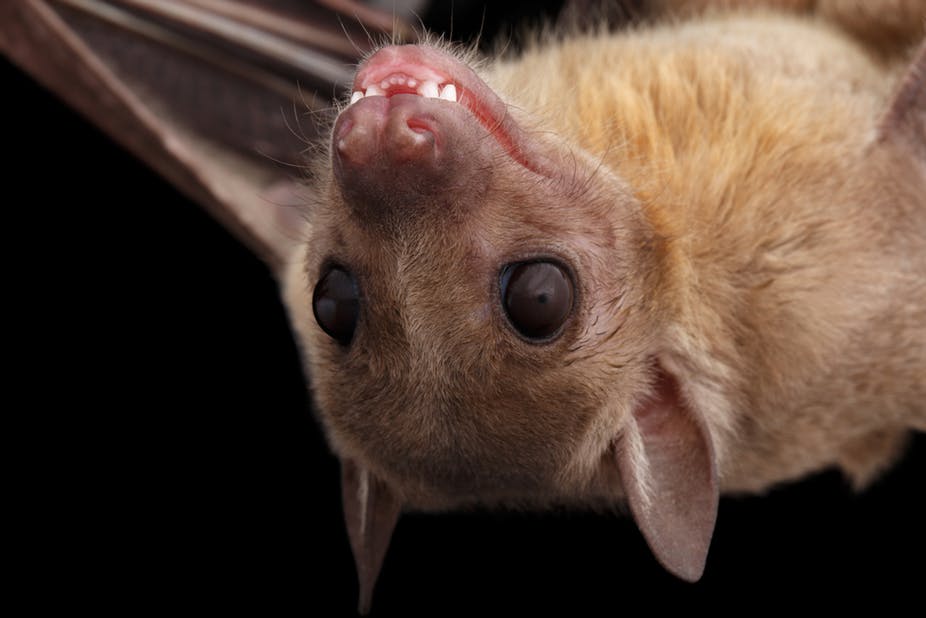Bats’ brains sync up when they socialise, study finds
Research could help scientists understand autism and how we pick up social cues

Your support helps us to tell the story
From reproductive rights to climate change to Big Tech, The Independent is on the ground when the story is developing. Whether it's investigating the financials of Elon Musk's pro-Trump PAC or producing our latest documentary, 'The A Word', which shines a light on the American women fighting for reproductive rights, we know how important it is to parse out the facts from the messaging.
At such a critical moment in US history, we need reporters on the ground. Your donation allows us to keep sending journalists to speak to both sides of the story.
The Independent is trusted by Americans across the entire political spectrum. And unlike many other quality news outlets, we choose not to lock Americans out of our reporting and analysis with paywalls. We believe quality journalism should be available to everyone, paid for by those who can afford it.
Your support makes all the difference.Bats’ brains sync up during activities such as grooming, mating or fighting, researchers have found.
The brain waves of highly social Egyptian fruit bats started to match when they were tracked in a chamber using wireless neural recording devices.
The study could help scientists understand why social interactions are different for those with neurological disorders, such as autism, and why some people do not pick up on social cues as easily.
In the first study of synchronised brain activity in a non-human species, the researchers from the University of California, Berkeley looked at brain waves and electrical activity from individual neurons of bats.
When the bats socialised, scientists found that the waves in their brains started to resemble one another. Remarkably, they could predict if bats were likely to directly interact, using the level of correlation in the bats’ brains.
“The inter-brain correlations were so strong that you could easily see them in the raw data,” said Wujie Zhang, whose study was published in the journal Cell.
“This is the first time in my career where a result was so robust that it popped out from the data like that.”
Researchers say the synchronisation was due to sharing social experiences – two bats placed in identical but separate chambers did not sync up despite both being busy grooming.
And if three bats shared the same social environment but only two of them were actively socialising with one another, all their brains still synchronised.
Study author Michael Yartsev said: “It’s kind of like, if you think about a dinner table, some people could be talking back and forth, while another person would be sitting there, still paying attention, while still being part of the social interaction. Under that analogy, then, supposedly all of the brains would be correlated simultaneously.”
Some correlations have been found between brain activity in socialising humans. This is the result of one person picking up social cues from the other and modulating their behaviour.
Studies have so far been limited to using brain imaging techniques that do not measure electrical activity directly.
“Animal models are really important for being able to study brain phenomena at levels that we can’t normally access in humans,” added Professor Yartsev.
“Because bats are extremely social and naturally live in highly complex social environments, they are a great model for tackling important scientific questions about social behaviour and the neural mechanisms underlying it.”
Join our commenting forum
Join thought-provoking conversations, follow other Independent readers and see their replies
Comments